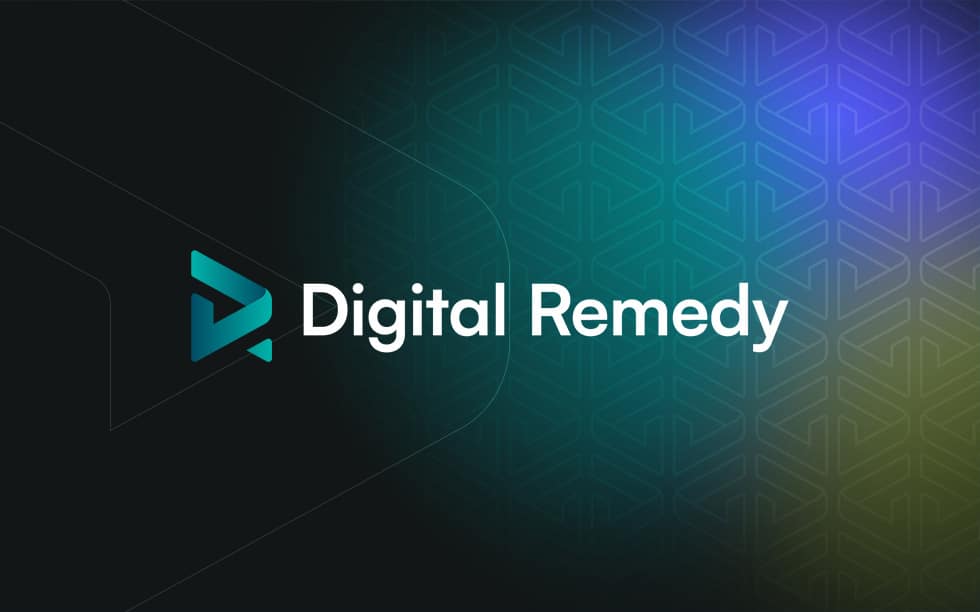Apr 17, 2023
[As featured in Advertising Week 360] There’s a special place in the AdTech mythos for the “end-to-end solution.” Brands gravitate toward those ostensibly convenient offerings. But it’s high time for an industry reckoning about the real merits and ultimate value of umbrella solutions. It’s simply not feasible for one-size-fits-all AdTech offerings to meet brands’ unique…

[As featured in Advertising Week 360] There’s a special place in the AdTech mythos for the “end-to-end solution.” Brands gravitate toward those ostensibly convenient offerings. But it’s high time for an industry reckoning about the real merits and ultimate value of umbrella solutions. It’s simply not feasible for one-size-fits-all AdTech offerings to meet brands’ unique needs and goals. At this moment, AdTech platforms need to shift their approach and work to provide more tailored solutions – to meet their clients’ specific requirements, execute more effective campaigns, and strengthen business relationships.
It’s not complicated why end-to-end solutions have remained widely used by brands, regardless of the value they add. When AdTech businesses come to market, they understand broader solutions can scale across a broader audience. Traditionally, customer-bespoke solutions have been challenging to provide quickly and effectively. But the downside is that the business often ends up with a solution that feels generic, and may not perform consistently across its various intended functions. In the end, the industry’s current status quo doesn’t deliver optimal results for the business of either the brand or the vendor.
All stakeholders in this equation can drive better results from offering or implementing brand-specific AdTech solutions. Customized solutions enable tech providers to surface deeper insights from their efforts on behalf of their brand clients. Brands, in turn, can use those insights to drive more value from their connections with consumers, improving ROI from campaigns on metrics like cost per checkout or per store visitation, return on ad spend, and brand lift. We’ve seen a number of prominent providers lean into customization: Google, for example, allows clients to bring in their own data into its Ads Data Hub, where they can apply their preferred attribution models. We’ve also seen this play out with custom bidding solutions at DSPs.
As the AdTech space evolves, customization will be a product itself that attracts brands to providers. Providers will need to learn how to put customization into production, and to make it replicable for different clients with varied needs. Keep in mind this doesn’t mean bringing scores of distinct bespoke conditions to market. It means creating an underlying tech framework in order to customize on the fly and as needed without overburdening the provider’s tech or client success teams and taking them away from strategic efforts that improve the business’s bottom line.
If this still sounds like a heavy internal resource lift for AdTech providers, keep in mind that the goal is not necessarily to go from zero to 60 in an instant. Providers need to offer both innovative and traditional solutions. There will always be clients who are hesitant to change processes from what they already know. It’s important to drive all the return you can from those less tailored offerings. And those offerings will give providers important insights about their tech product, to create a flywheel effect that continually informs new product development and enables the provider to make relevant recommendations for customization. Some clients will eagerly embrace innovation. More reluctant clients will be able to see the benefits of bespoke solutions but may require a nudge toward innovation.
To put all this talk about customization in tangible terms, imagine using data around shifts in housing prices to predict geographical locations where home security systems are likely to be in demand or using data around in-store inventory levels to drive more consumers to the right locations where the product they need is available. These are specific cases with specific goals, which can be met by understanding the most necessary data sources and implementing the tech framework to collect, centralize, and process those insights. AdTech providers will need to make relevant data transparent and readily accessible to derive meaningful insights. The tech framework must drive these processes rather than human teams conducting highly manual efforts. The process must be efficient, cost-effective, and sustainable for continued business growth.
In building out that framework, tech providers should look to innovations such as searchable analytics – a must-have, which provides the ability to use natural language to ask questions and draw answers from the data. AI can then use customer data insights to scale custom content and messaging, dynamic creative optimization, and personalization for the client. Tools like ChatGPT are emerging to elevate those AI capabilities without straining the business’s internal resources.
In the midst of all the uncertainty brands and their partners are bracing for in the digital ad ecosystem, one sure thing is that navigating the space will only become more complex. End-to-end solutions should no longer be considered ends unto themselves. Ad tech providers can efficiently devise custom solutions that strengthen their and their clients’ bottom lines by making smarter use of data and creating the frameworks.
Related Posts

In Part 1 of our Intro to Incrementality series, we went through the basics of incrementality analysis. We talked about our.

In our first Intro to Incrementality piece, we explained what incrementality analysis is and how marketers can use it to.

Welcome to the first part of our Intro to Incrementality series, which uses real-world examples to explain how incrementality.